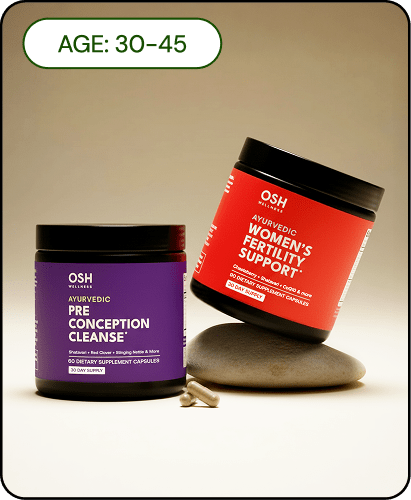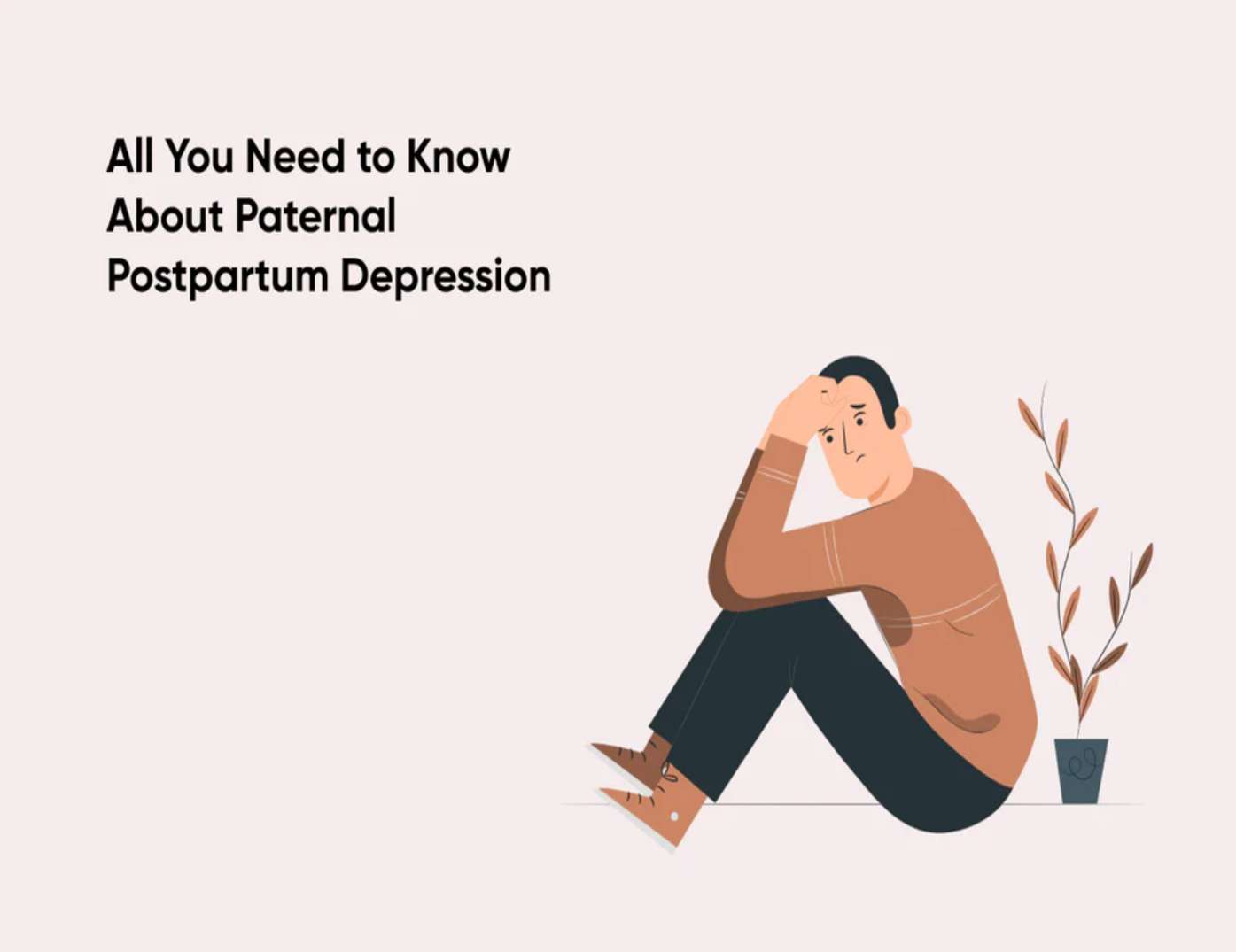It is 2 am and you are awake. This scenario doesn’t seem unusual for a new mom... unless your baby is blissfully sleeping and you just can’t seem to do the same! During the postpartum period, if you find yourself tossing and turning, unable to fall asleep, and it is not due to having to tend to the needs of your infant, you may be struggling with postpartum insomnia.
It doesn’t seem fair. Your little one finally settles into a routine where they aren’t eating every two hours, but you still lie awake at night. What is postpartum insomnia and how can you start sleeping like, well, a baby again?
My Baby is Sleeping So Why Can’t I?
Postpartum insomnia is characterized by the inability to fall asleep and stay asleep. You may have difficulty “turning off” and going to bed. Or, you might find yourself waking up during the night and unable to return to sleep.
It is no fun, and it seems like a cruel joke to moms who work so hard to get little ones to sleep so they can finally get some rest, only to lay in bed wide-eyed. Unfortunately, the postpartum period is often when insomnia strikes.
What Causes Postpartum Insomnia

Concern and Caring for Your Baby
Big life events and impactful changes, either good or bad, frequently lead to insomnia. Giving birth and bringing home your bundle of joy is a pretty big life event. Some women may find themselves awake with concern for their infant, some may have difficulty sleeping for other reasons. A new baby requires care around the clock. Most moms will not be a stranger to midnight feeds or changes. But sometimes simply the act of waking up can make it hard for you to fall back asleep, even after your little one is soothed and snoozing peacefully.
Physical Conditions and Hormones
Hormonal changes and medical issues can also cause postpartum insomnia. Post-birth is a period in which a handful of medical disorders can arise or may become more pronounced. Postpartum thyroiditis or hyperthyroidism may be brought on by pregnancy and birth. Both conditions can contribute to sleeplessness.
Your fluctuating levels of hormones might also be to blame. Reproductive hormones begin to trend downwards after birth. Unlucky for us, these are also the hormones responsible for keeping our body clock in check. Coupled with the maternal instinct to stay alert for any issues with our baby, which makes the brain more aware during sleep, results in wakeful nights.
Nutrition
To top it all off, your nutrition can play a role. Postpartum moms, especially those who are breastfeeding, have increased nutritional needs. You might wake up hungry or thirsty. A midnight trip to the kitchen can leave you feeling satisfied, but also wide awake.
Sadly, chronic sleeplessness may put you at greater risk for postpartum depression. It's important that you seek out the root of your insomnia and take measures to remedy it. Here are a few tips for getting some postpartum shut-eye.
How to Improve Your Ability to Fall and Stay Asleep

Mind your Meals
Try to get plenty of healthy and hearty meals during the day. This will set you up for success when it comes to the evening hours. Staying hydrated is also important. But don’t drink a huge glass before bed, you want to avoid midnight bathroom breaks.
What you don’t eat is just as important as what you do eat. Be mindful of how much caffeine you are consuming, especially in the late afternoon and evening. Sometimes, coffee is the only thing getting us through the day, but resist the urge to indulge after 2 pm. It also doesn’t hurt to try and reduce your intake by one serving a day to weed out if that extra latte is the insomnia culprit. Consider replacing your caffeinated drink with Golden Latte which contains Ashwagandha powder. Ashwagandha is known to support restful sleep and reduce anxiety.
Get Outside
Fresh air is great for both your baby and you! Getting outside and exposing yourself to sunlight can do wonders for your internal clock. Just as you are trying to teach your newborn the difference between night and day, spending time in the sunshine should help signal to your body when it is waking hours versus sleeping hours.
Practice Good Bedroom Habits
The bedroom should be kept as a space solely for sleeping, if possible. Try not to hang out with your baby or your partner in the bedroom. Watching television or working on your phone, or computer aren’t great bedroom activities either. Though it can be tempting to treat your bedroom as a getaway, aim to use your bedroom only for sleep.
To make your bedroom more conducive to sleep, remove electronics. Make it a comforting and cozy space. The perfect temperature can promote rest too,, which experts say is around 65 degrees.
Keep Nighttime Activities Calm
Inevitably, you will have to get up at some point during the night to soothe, change, or feed your little one. But aim to keep midnight activities calm and unstimulating. Don’t turn on any lights and remain quiet. Resist scrolling through your phone while you are rocking or feeding your baby.
Having everything you need prepped and close at hand makes wake-ups easier. Try to make bottles ahead of time so you can spend less time in the kitchen. Pack a small changing kit with diapers, wipes, and an extra outfit so you don’t have to turn on the lights to hunt for your essentials. Keeping things uninteresting will help both you and your baby drift back off into dreamland.
Relax
Easier said than done, I know. But often dwelling on the fact that you can’t go back to sleep only makes the situation worse. Before bedtime try a few relaxing activities such as deep breathing, meditation, reading a book, or taking a bath.
When you can’t fall back to sleep don’t look at your phone! Make yourself comfortable and try using a few mindfulness techniques, such as focusing on your breathing or progressive muscle relaxation. Sometimes the age-old counting sheep (or naming a topic word for each letter of the alphabet) can get you back to sleep.
You Are Not Alone
Though it is quite easy to feel all alone while lying awake next to a snoring partner and baby, remember, you are far from it. Many moms experience postpartum insomnia. Trying to find out the source of your wakeful nights, be it nutrition, anxiety, health issues, or hormones, is a beneficial first step. Then, taking measures to set yourself up for a successful night's sleep can help get you back on track.








